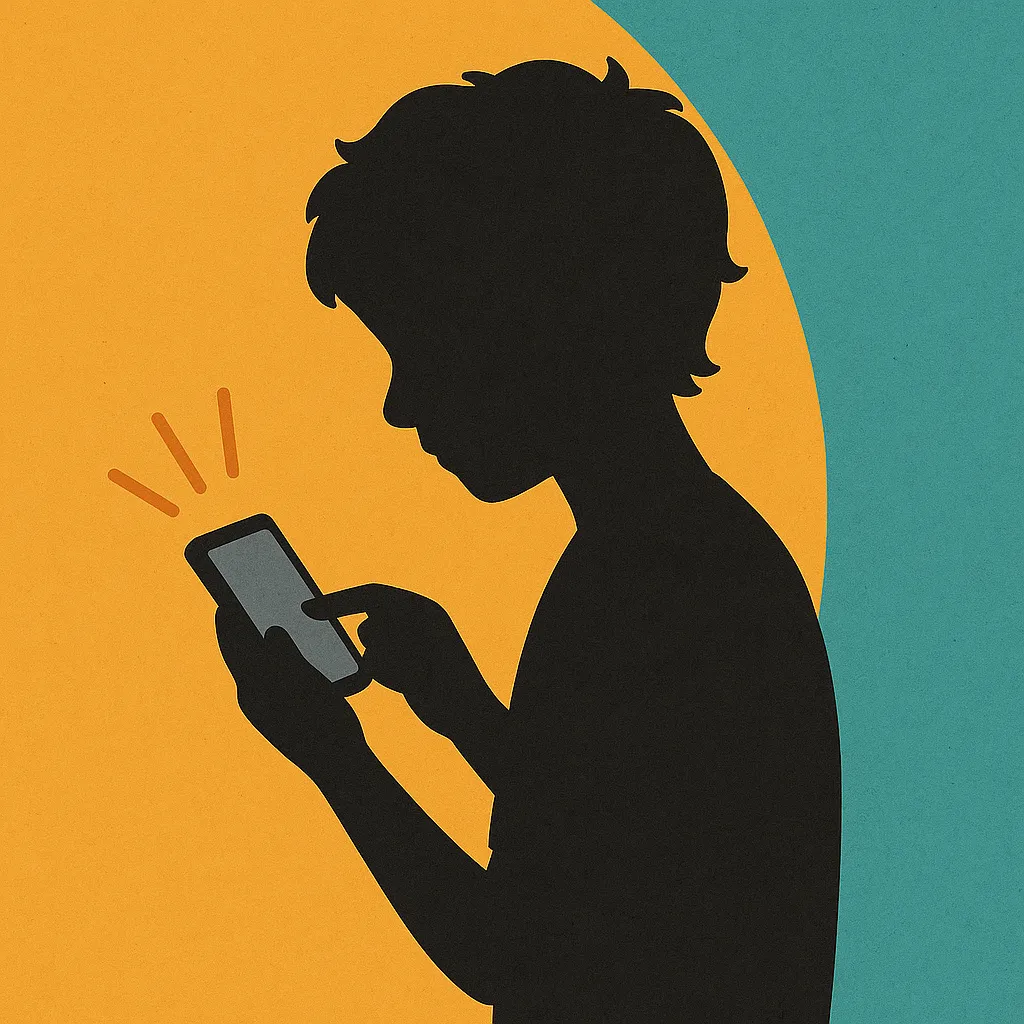Mobile Games and Social Skills — What's the Real Story?

When I first read the headline — Mobile games boost social skills in autistic teens, study shows — I winced. It felt like déjà vu. Here was another study dressing up the same tired idea: that autistic people’s differences are problems, and "progress" means learning to act more neurotypical. My gut reaction was frustration and anger. I even wrote a draft post about what I was thinking — and feeling. But instead of publishing that scorched-earth vent (cut me some slack, it was a Monday morning), I took a breath — and kept reading. What I found beneath the headline still raised serious concerns. Those are worth unpacking with care and diplomacy.
Here's the study the article was referencing. It's out of Samsung Medical Center, published in the Psychiatry and Clinical Neurosciences journal (DOI: 10.1111/pcn.13824), evaluates whether a smartphone game called NDTx-01 can improve social skills in adolescents with autism or social communication disorder. The study reports that teens who used the game alongside standard treatment showed greater improvements in social functioning, daily living skills, and overall adaptability than those who received standard treatment alone.
On the surface, this might sound encouraging. A playful, engaging way to build skills? Great. But the framing — both in the study and especially in news coverage from outlets like Chosun Biz — reveals deeper assumptions worth examining.
More Neurotypical ≠ Better
The study uses a tool called the Vineland Adaptive Behavior Scales to measure improvement. That scale, while widely accepted, treats neurotypical behavior as the gold standard. Improvements are defined by how closely autistic youth approximate neurotypical patterns — in conversation, in interaction, in daily routines. In that sense, the game's "success" is defined not by supporting autistic communication, but by minimizing visibly autistic behavior. In other words, it teaches us how to mask.
Navigating Reality Without Surrendering Perspective
Here’s the problem: masking, which helps us assimilate and not stand out as being different in daily interactions with most people, is not the same thing as living authentically and with optimal mental health. And if we don’t distinguish between the two, we risk reinforcing a narrative that only values autistic people when we perform neurotypicality well.
Let’s acknowledge something important. We live in a world dominated by neurotypical expectations. Sometimes, learning strategies that help us navigate those expectations can be useful, even protective. Especially for young people, building confidence in common social contexts isn’t necessarily a betrayal of identity — it can be a way to access opportunities otherwise closed off. Over time, though, masking can do long-term damage to our identities and mental health.
Over time, though, masking can do long‑term damage to our identities and mental health (see studies here, here and here).
But we can hold that truth without accepting the idea that autistic ways of communicating are inherently inferior. We can support adaptation without demanding erasure.
And for many autistic teens or families reading this, it’s worth saying: you deserve support that doesn’t come at the cost of selfhood. Progress should mean thriving — not just blending in.
Why Language Matters
The news article describing this study falls into a familiar trap. It lauds the game as a way to “treat” autism and help teens become more socially competent. It highlights the "deficits" in autistic interaction without once asking how neurotypical systems could be more accommodating. There’s no exploration of alternative communication norms, no suggestion that society itself could — or should — adapt.
And the study, while more measured, still positions its goals within a deficit-based framework. There are no autistic co-authors. No mention of how participants felt about the changes they experienced. Was increased social interaction more rewarding? Or more exhausting? Those are questions that matter — and they weren’t asked. Because outcomes without lived feedback risk misinterpreting distress as progress.
A More Balanced Vision
Digital tools can be powerful. And yes, games that support autistic teens in learning about social reciprocity — on their own terms — have real potential. But we need studies that define success based on wellbeing, not conformity.
Support should mean support. Not correction. Not cosmetic compliance.
So let’s keep asking: Who defines the goals of autism research? Who decides what “better” looks like? And how can we create interventions that honor difference instead of disguising it?
The game might be fun. The research might be promising. But the framing? That still needs an upgrade.